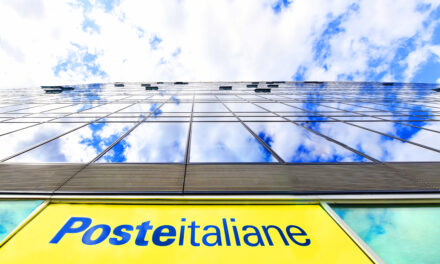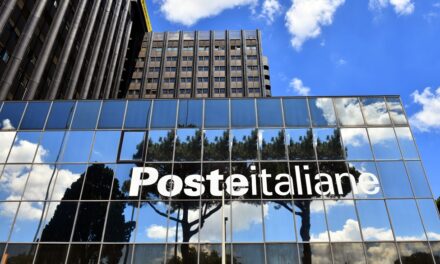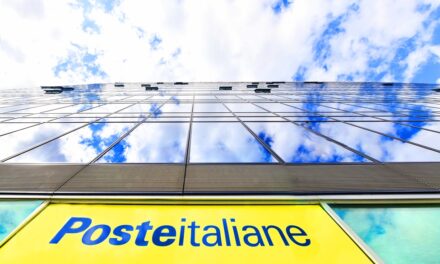
Italians turn to Brussels over post office 'subsidy'
Italian banks have followed their French counterparts in petitioning the European Commission over the banking operations of their country’s state-owned post office.
The ABI, the Italian banking association, wrote recently to Brussels in an effort to spur an inquiry into the possible provision of state subsidies, saying they were unfair to other banks and distort the market.
Poste Italiane’s financial services operations have grown rapidly. Poste now has 4.8m current accounts. That, says the ABI, is up from 400,000 in 1999.
Massimo Sarmi, Poste’s chief executive, told the FT: “The reason for our success is the quality of our service. It is not down to anything else.”
The ABI’s complaints highlight the growing concerns of banks about the incursion by postal groups.
In France, state-owned La Poste launched a banking subsidiary at the start of the year with the blessing of the French regulator and to protests from banks.
Four French banks have appealed to the European Commission, citing competition worries, including suspected state aid on the bank’s pension costs and its exclusive rights to distribute the Livret A, a popular state-subsidised savings account.
Poste Italiane has not been allowed to split off its banking arm as a separate company. As a result, its banking operations act as an intermediary between customers and the government. Poste Italiane is not allowed to invest the money in its accounts, nor assume the risk for any investments.
The ABI says this unfairly exempts Poste Italiane from capital adequacy rules. It also says that Poste’s accounts intermingle its post and banking operations unfairly. Poste has also been paying a preferential rate of interest on its deposits.
Mr Sarmi said Poste was happy to work with the Commission.
*The Austrian postal service will be floated in May or June this year. Vienna is expected today to give the go-ahead to the offering of a stake of up to 49 per cent, valuing the business at between Euros 1bn (Dollars 1.2bn) and Euros 1.5bn, according to the FT’s sister paper, FT Deutschland.











